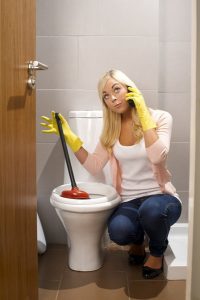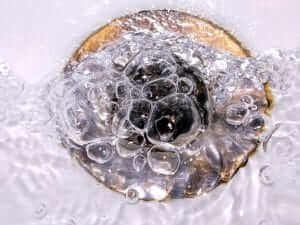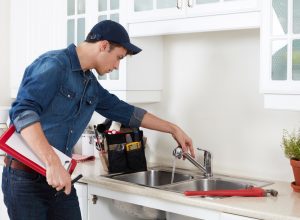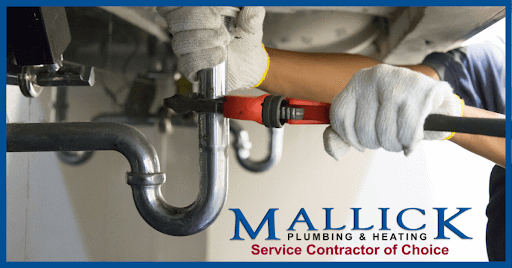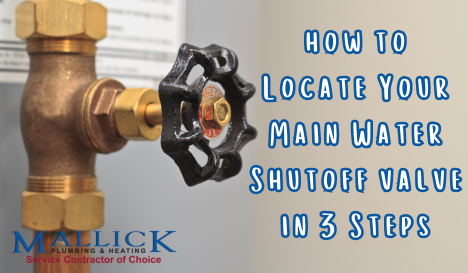A gas leak in your home is a serious hazard that can be very dangerous. Knowing how to prevent gas leaks and what to do if you suspect one can keep your family safe and your home secure. At Mallick Plumbing & Heating, we take gas safety seriously and offer expert advice and services to help protect your household from gas-related emergencies. Here, we’ll cover essential gas leak safety tips, methods for preventing gas leaks in your home, and how to detect a gas leak before it becomes a bigger issue.
Understanding the Dangers of Gas Leaks
Natural gas is commonly used in homes for heating, cooking, and powering appliances. While it is a reliable and efficient energy source, a gas leak can be incredibly dangerous if not detected and managed promptly. Gas is odorless, but suppliers add a distinct sulfur-like smell, similar to rotten eggs, to help with home gas leak detection.
Gas Leak Safety Tips
When it comes to gas leak safety, there are several steps every homeowner should take to protect their family. Here are some essential safety tips:
1. Know the Signs of a Gas Leak:
The first step in protecting your family is recognizing a gas leak. Apart from the rotten egg smell, other signs of a gas leak include:
-
A hissing or whistling sound near gas appliances or pipelines.
-
Dead or dying plants around your home’s gas line or in areas where gas appliances are located.
-
Unexplained increases in your gas bill.
If you detect any of these signs, act immediately to prevent further exposure and risk.
2. Don’t Ignore Strange Smells: If you notice the distinct rotten egg smell associated with natural gas, evacuate your home right away. Avoid using electrical devices or appliances, as even a small spark could ignite the gas. Once you’re safely outside, contact your gas company or an emergency plumber like Mallick Plumbing & Heating for immediate assistance.
3. Install Gas Detectors: One of the best ways to ensure gas leak safety in your home is by installing gas detectors. These devices can alert you to the presence of dangerous gasses, including carbon monoxide and natural gas. Regularly check the batteries and test the detectors to ensure they are working properly.
Preventing Gas Leaks in the Home
In addition to recognizing the signs of a gas leak, you can take steps to prevent gas leaks from occurring in the first place. Preventing gas leaks in the home involves a combination of regular maintenance and being mindful of how you use gas appliances.
1. Regularly Inspect Gas Appliances: Make sure to have your gas appliances, such as your furnace, stove, water heater, and fireplace, inspected regularly by a professional. This helps ensure that they are functioning properly and that there are no leaks in the system. Schedule annual maintenance checks with a licensed plumber to ensure your appliances are in good working condition.
2. Monitor the Condition of Gas Lines: Over time, gas lines can wear down, crack, or corrode, leading to leaks. Regularly inspecting your home’s gas lines and scheduling repairs or replacements when necessary can prevent leaks before they occur. Mallick Plumbing & Heating offers expert gas line services to help keep your home safe and prevent gas leaks.
3. Ensure Proper Ventilation: Make sure that your home has adequate ventilation, especially in areas where gas appliances are located. Proper airflow helps disperse gasses and reduce the risk of carbon monoxide buildup or gas leaks.
Home Gas Leak Detection and Repair
When it comes to home gas leak detection, it’s important to leave the job to professionals. If you suspect a gas leak, evacuate your home and call a trusted plumber to inspect your gas lines and appliances. At Mallick Plumbing & Heating, we specialize in gas line repair and leak detection to keep your home and family safe. Our experienced team uses advanced techniques to detect and repair gas leaks quickly and efficiently.
If you have questions or need assistance with gas in your home, call the professionals at Mallick Plumbing & Heating at (301) 804-6759.

